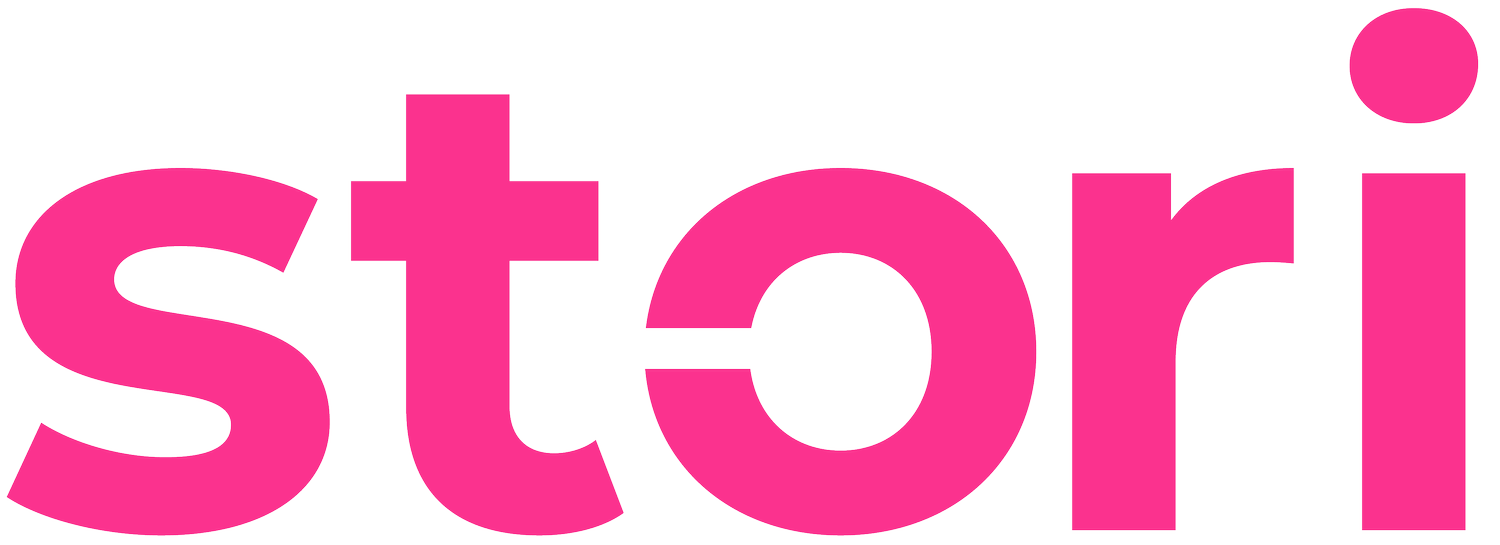Has how we work changed forever?
The genie is out of the bottle, and it can’t be put back: university marketing teams have proved they can work remotely. And at some of the most traditionally collaborative stages of the recruitment cycle such as clearing and open days.
Will HE marketing teams continue to work from home after the pandemic? Or, do teams want to get back in the office?
We spoke to leading university marketeers about how they think HE marketing teams will work once the pandemic is over.
WFH as the norm
The perception of working from home has shifted since the start of the pandemic. We’ve all been forced to abandon our physical offices and meet with colleagues online from our respective home office desks/dining tables/sofas.
Pre-pandemic, a request to work from home might have been met with some trepidation from managers and leadership teams and even the need for a formal agreement. But now it’s been proven teams and individuals are effective when working remotely.
Work practices have changed
Marketing teams have adapted to a significant shift in work practices. For some, the transition to total remote working was straightforward. Angela Sexton, head of marketing innovation and development, University of London, explains why her team found the process relatively smooth, “the transition has been very easy for us. I think partly because we use quite a lot of technology platforms day-to-day. I've been at UoL for two years and that's given us time to establish a good rapport and teamwork practices, which has really helped.”
Although, some were initially apprehensive about working from home. Francesca Carey, director of home student recruitment at the University of Sunderland shares the shift in mood, “I think people approached working from home with varying levels of confidence. We’re in a place now, where everyone has accepted and embraced that this is the new normal.”
Teams have adjusted and in many cases, thrived in the ‘new normal’ work situation.
Work from home vs the office
But, not everyone is content for this to continue. Rachel Sandison, vice principal, external relations at the University of Glasgow explains that across her team, enthusiasm for working from home/the office is mixed, “we have people who will never set foot back on campus unless they absolutely have to. Some people love their working from home regime and are quite comfortable to continue to do that. Others are chomping at the bit, desperate to be back on campus and to connect with colleagues in real life.”
Mark Garratt, interim director of marketing, recruitment and international at Swansea University shares a similar experience, “ some people were kind of leaping up the wall and wanted to get into the office. And there are others who’ve just become very comfortable working from home.” He predicts that in future work will be split, ” two or three days a week in the office and the rest, working from home, as standard.”
The view among education marketeers is clear, there will be a hybrid approach to work in the future. Rachel says, “one of the interesting challenges for me is going to be not how we're managing everything remotely. It's already set up. What I think we'll have to do is manage a much more hybrid approach going forward.”
Agile work policies
The pandemic has been a catalyst for many institutions to develop agile working policies.
Swansea University is prepared for the new way of working as Mark says, “the HR department has produced an agile working policy. So we now have a policy that will allow us to be able to work in an agile way and flexibly in the future.”
Similarly, at the University of Sunderland, Francesca explains that their agile working policy was already underway, “it was something that was in development but it’s built momentum because of the way that we've been working in lockdown. We were moving in the direction of a more flexible model as an institution but this [situation] has made it progress at a slightly faster pace.”
Hybrid future of working
Total office-based working looks to be a thing of the past for many institutions. Teams have proved how effectively they can work from home and many want to continue to work from home. As agile policies are developed and refined to allow for a more hybrid way of working, a blended approach seems set to be the future of HE marketing practice.
Whether it is by Zoom, Teams or Meet talk to us about how we can help your teams produce content that works.

